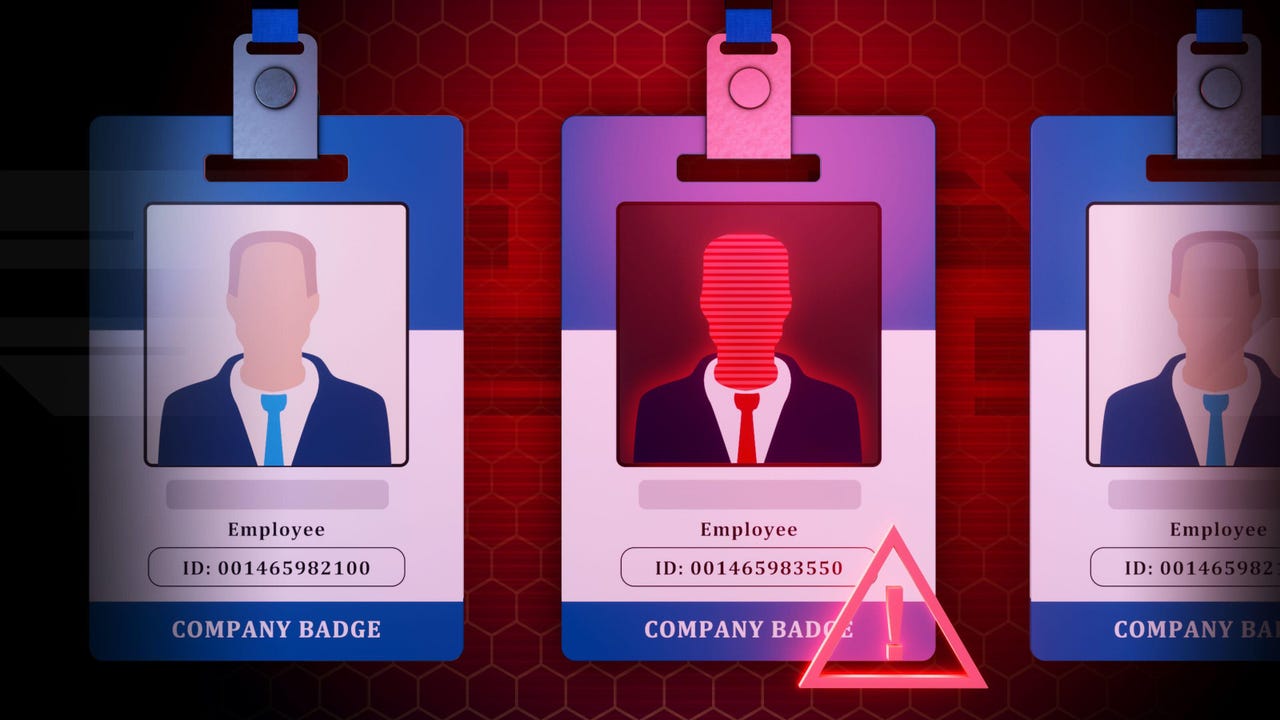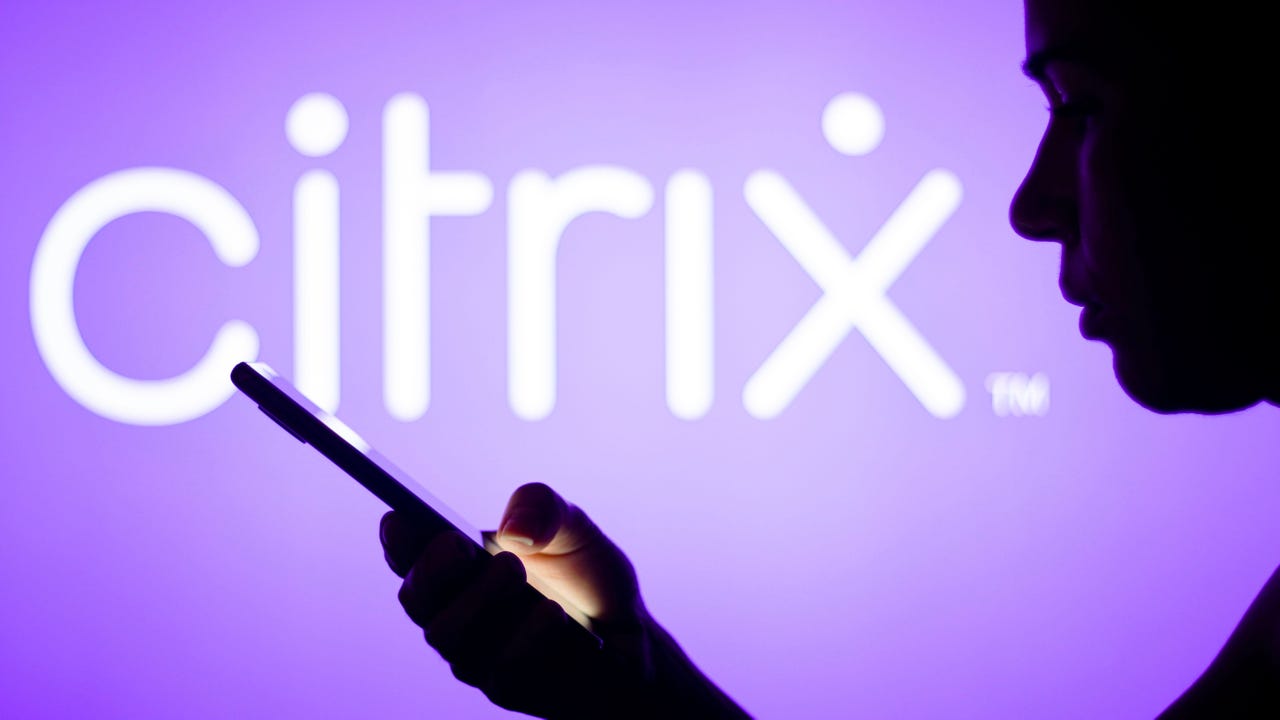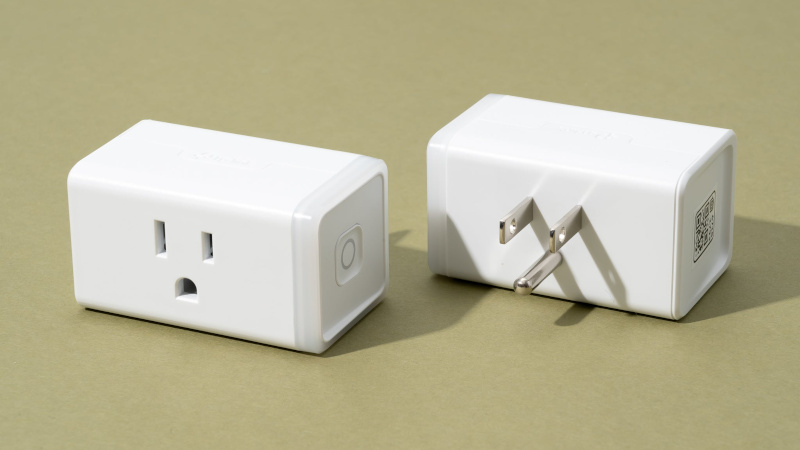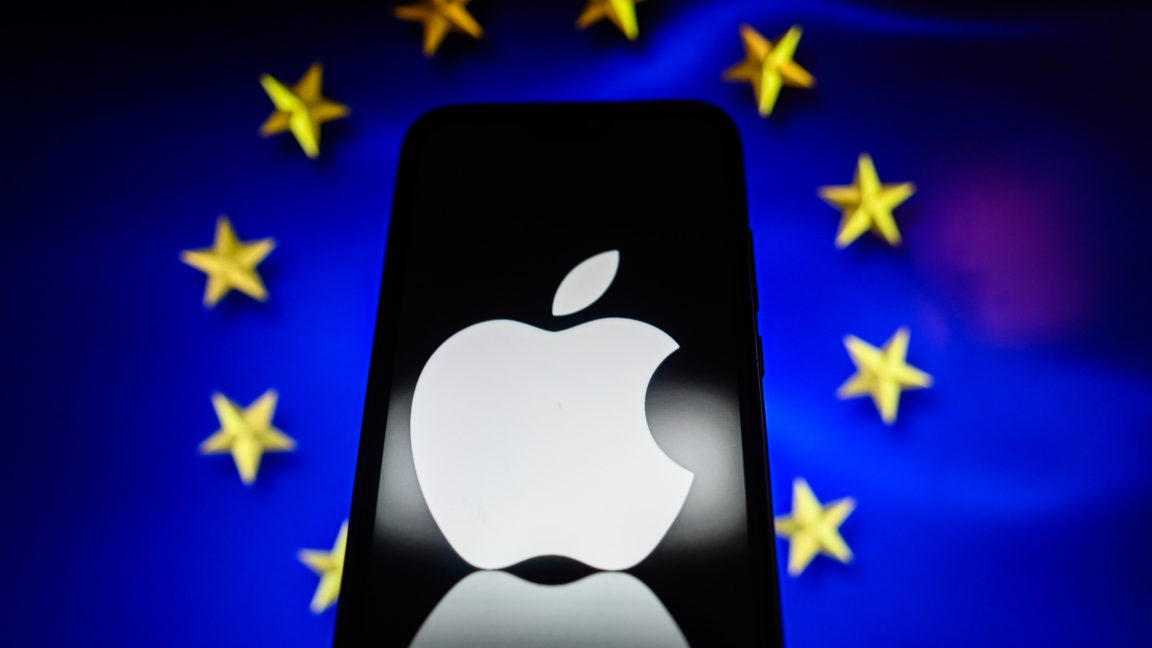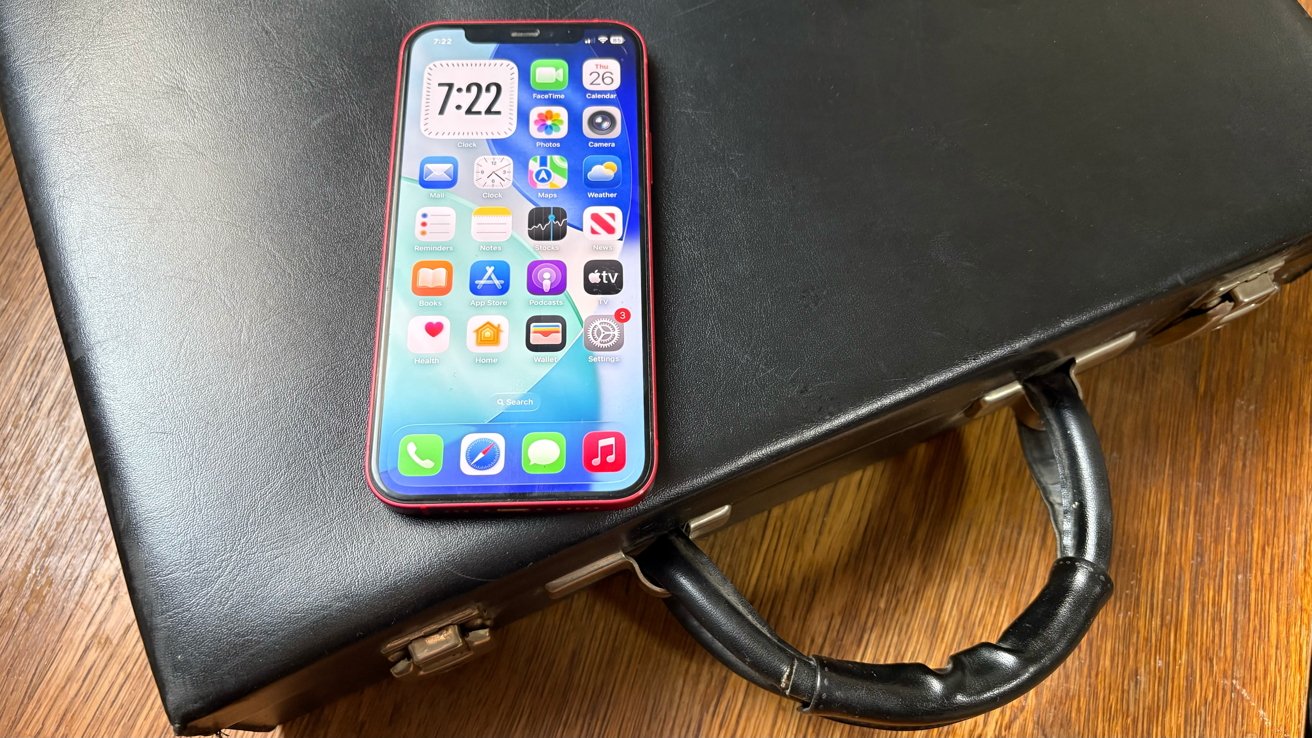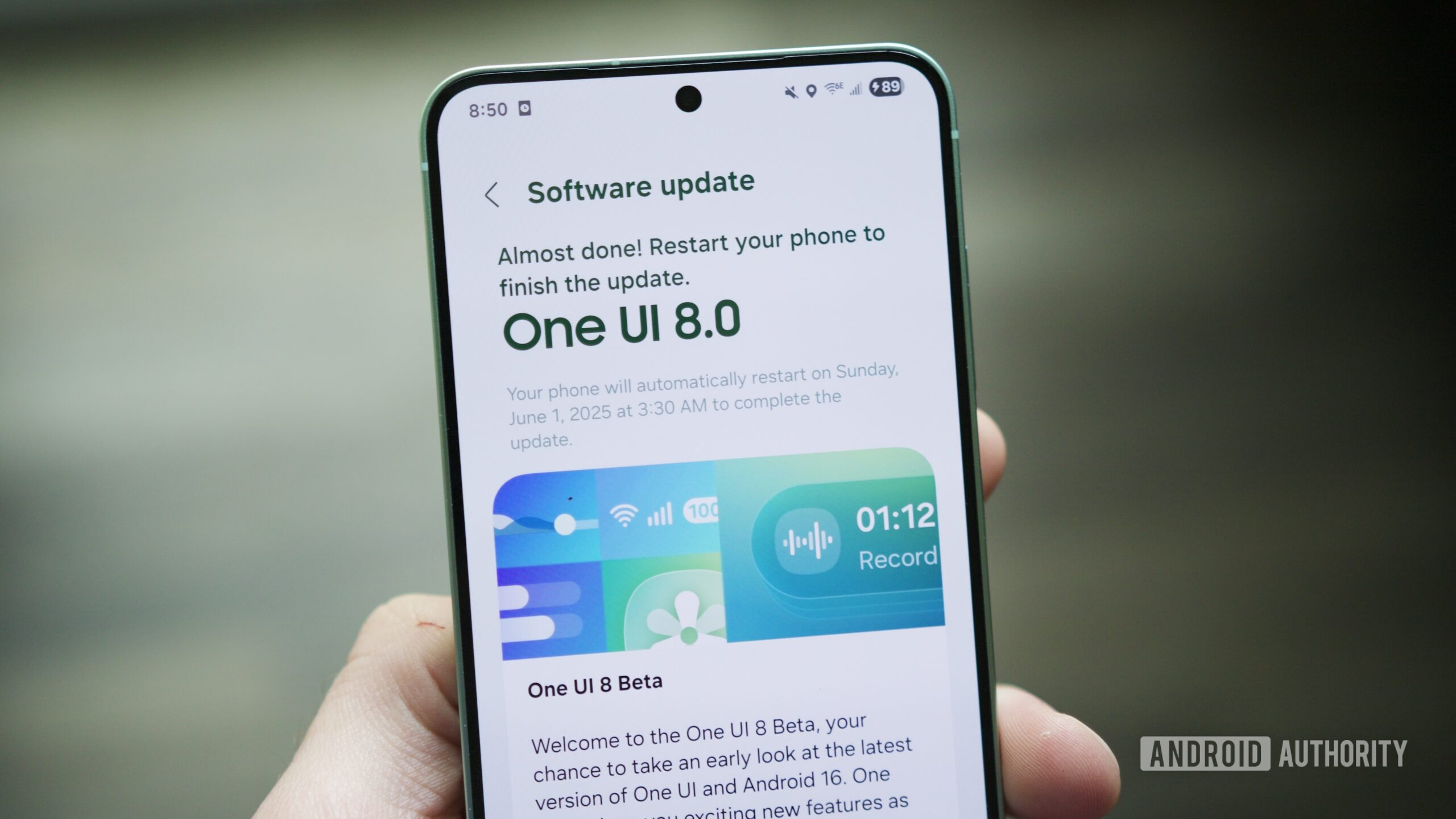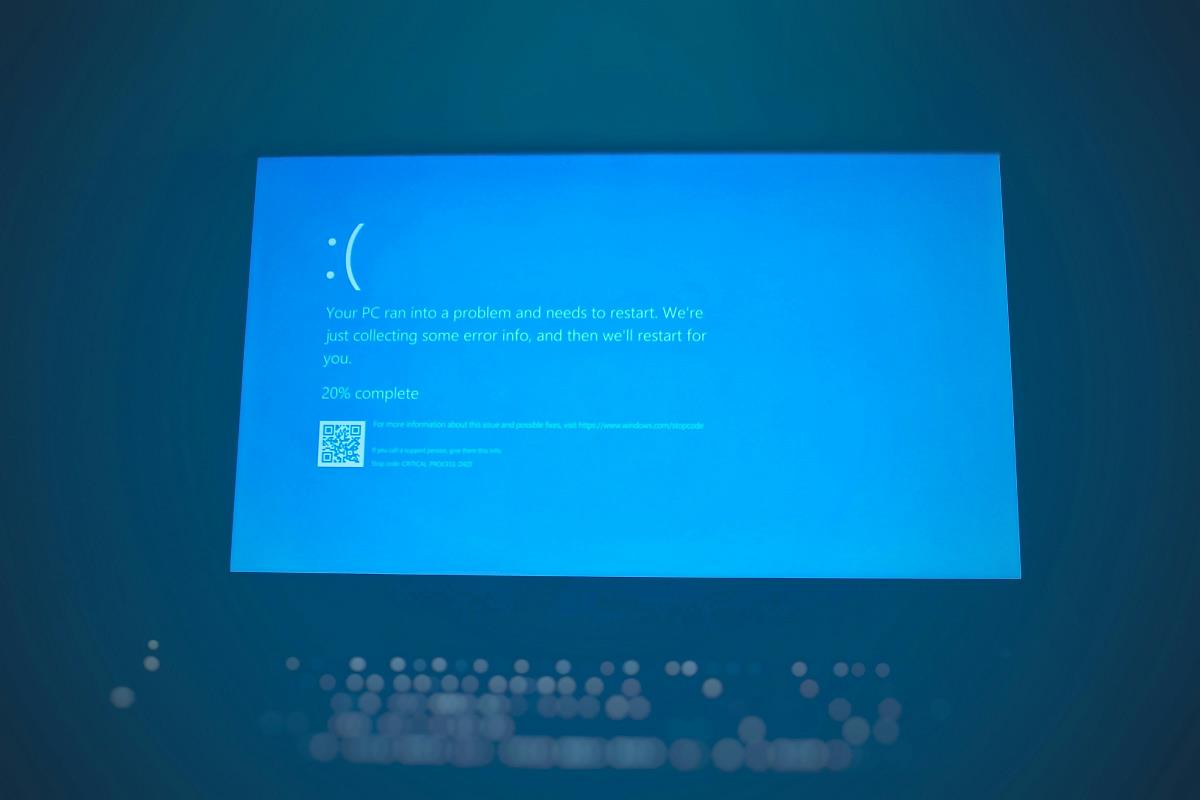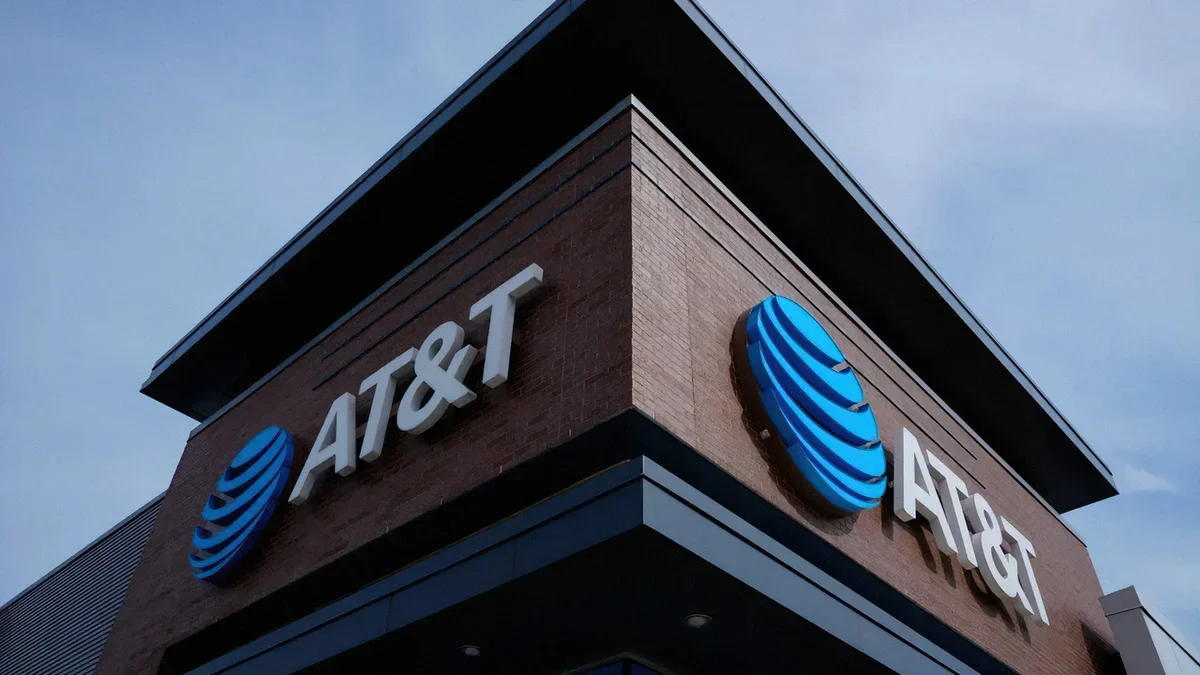Real Use Cases of Blockchain in the Indian Banking Sector
Introduction Blockchain has rapidly evolved from a buzzword to a practical solution within India's financial ecosystem. One of the most promising examples is the e₹ (Digital Rupee), which is built on blockchain infrastructure to enhance interbank settlements and promote secure, efficient retail transactions. As of 2023, over 4.6 million users are participating in retail CBDC trials, extending usage beyond banks to apps like Google Pay and PhonePe. Meanwhile, major institutions like SBI have implemented smart contracts to reduce lending risk and increase transparency. What Is Blockchain in Banking? Traditional banks operate in a centralized environment, where a single authority governs operations. In contrast, blockchain operates on a decentralized, peer-to-peer (P2P) network, providing: Faster transactions Reduced costs Greater transparency Lower dependence on intermediaries By integrating blockchain, banks can retain the trust and structure of centralized systems while incorporating the efficiency and security of decentralization. Key Use Cases of Blockchain in Indian Banking 1. Digital Currency and e₹ Adoption The Reserve Bank of India (RBI) has launched pilot programs for both retail and wholesale CBDCs (Central Bank Digital Currencies). The Digital Rupee is powered by blockchain to offer real-time clearing and settlement without intermediaries. 2. Smart Contracts for Lending Banks like SBI are experimenting with smart contracts to automate lending workflows and minimize risks. These contracts enforce terms digitally, improving trust and reducing the time and cost associated with manual processing. 3. Cross-Border Payments Blockchain enables real-time international transactions at significantly lower costs compared to the traditional SWIFT system. Indian banks are exploring blockchain platforms to facilitate cross-border trade settlements securely and efficiently. 4. Know Your Customer (KYC) Automation A blockchain-based KYC infrastructure can create a unified and tamper-proof record, reducing the time banks spend on verifying identities. It also improves customer onboarding experiences and minimizes duplication across institutions. 5. Fraud Detection and Prevention In 2023, financial scams cost the Indian banking sector over $48 billion. Blockchain’s immutable ledgers and decentralized identity verification help secure sensitive data and reduce vulnerability to phishing attacks and fraud. Platforms like Internboot are upskilling tech talent to support blockchain adoption and real-world use cases in India’s evolving financial technology landscape. Why Blockchain Makes Sense for Indian Banks Cost Efficiency: Removes unnecessary intermediaries Speed: Enables near-instant settlements Security: Tamper-proof records and cryptographic integrity Scalability: Suitable for large transaction volumes Transparency: Easier auditing and tracking of transactions Conclusion Blockchain has emerged as a critical enabler of innovation in India’s banking sector. From powering digital currencies like e₹ to combating identity fraud, its role is transformative and growing fast. As banks aim to modernize their operations, adopting blockchain technologies will not just improve performance—it will future-proof India's financial infrastructure.

Introduction
Blockchain has rapidly evolved from a buzzword to a practical solution within India's financial ecosystem. One of the most promising examples is the e₹ (Digital Rupee), which is built on blockchain infrastructure to enhance interbank settlements and promote secure, efficient retail transactions.
As of 2023, over 4.6 million users are participating in retail CBDC trials, extending usage beyond banks to apps like Google Pay and PhonePe. Meanwhile, major institutions like SBI have implemented smart contracts to reduce lending risk and increase transparency.
What Is Blockchain in Banking?
Traditional banks operate in a centralized environment, where a single authority governs operations. In contrast, blockchain operates on a decentralized, peer-to-peer (P2P) network, providing:
- Faster transactions
- Reduced costs
- Greater transparency
- Lower dependence on intermediaries
By integrating blockchain, banks can retain the trust and structure of centralized systems while incorporating the efficiency and security of decentralization.
Key Use Cases of Blockchain in Indian Banking
1. Digital Currency and e₹ Adoption
The Reserve Bank of India (RBI) has launched pilot programs for both retail and wholesale CBDCs (Central Bank Digital Currencies). The Digital Rupee is powered by blockchain to offer real-time clearing and settlement without intermediaries.
2. Smart Contracts for Lending
Banks like SBI are experimenting with smart contracts to automate lending workflows and minimize risks. These contracts enforce terms digitally, improving trust and reducing the time and cost associated with manual processing.
3. Cross-Border Payments
Blockchain enables real-time international transactions at significantly lower costs compared to the traditional SWIFT system. Indian banks are exploring blockchain platforms to facilitate cross-border trade settlements securely and efficiently.
4. Know Your Customer (KYC) Automation
A blockchain-based KYC infrastructure can create a unified and tamper-proof record, reducing the time banks spend on verifying identities. It also improves customer onboarding experiences and minimizes duplication across institutions.
5. Fraud Detection and Prevention
In 2023, financial scams cost the Indian banking sector over $48 billion. Blockchain’s immutable ledgers and decentralized identity verification help secure sensitive data and reduce vulnerability to phishing attacks and fraud.
Platforms like Internboot are upskilling tech talent to support blockchain adoption and real-world use cases in India’s evolving financial technology landscape.
Why Blockchain Makes Sense for Indian Banks
- Cost Efficiency: Removes unnecessary intermediaries
- Speed: Enables near-instant settlements
- Security: Tamper-proof records and cryptographic integrity
- Scalability: Suitable for large transaction volumes
- Transparency: Easier auditing and tracking of transactions
Conclusion
Blockchain has emerged as a critical enabler of innovation in India’s banking sector. From powering digital currencies like e₹ to combating identity fraud, its role is transformative and growing fast.
As banks aim to modernize their operations, adopting blockchain technologies will not just improve performance—it will future-proof India's financial infrastructure.























































































































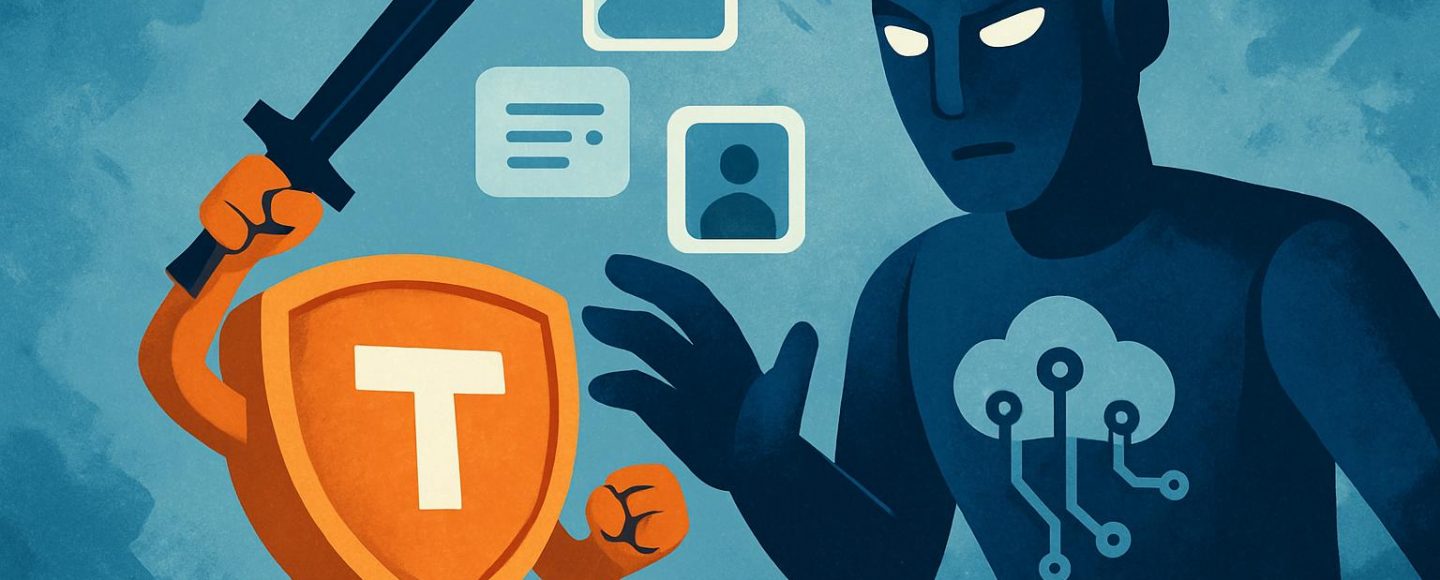






















































![[The AI Show Episode 156]: AI Answers - Data Privacy, AI Roadmaps, Regulated Industries, Selling AI to the C-Suite & Change Management](https://www.marketingaiinstitute.com/hubfs/ep%20156%20cover.png)
![[The AI Show Episode 155]: The New Jobs AI Will Create, Amazon CEO: AI Will Cut Jobs, Your Brain on ChatGPT, Possible OpenAI-Microsoft Breakup & Veo 3 IP Issues](https://www.marketingaiinstitute.com/hubfs/ep%20155%20cover.png)

























































































































![Rust VS Go VS TypeScript – which back end language is for you? With Tai Groot [Podcast #176]](https://cdn.hashnode.com/res/hashnode/image/upload/v1750974265013/73f79068-0087-4c39-8a8b-feea8cac873b.png?#)
















































































































.jpg?width=1920&height=1920&fit=bounds&quality=70&format=jpg&auto=webp#)
























